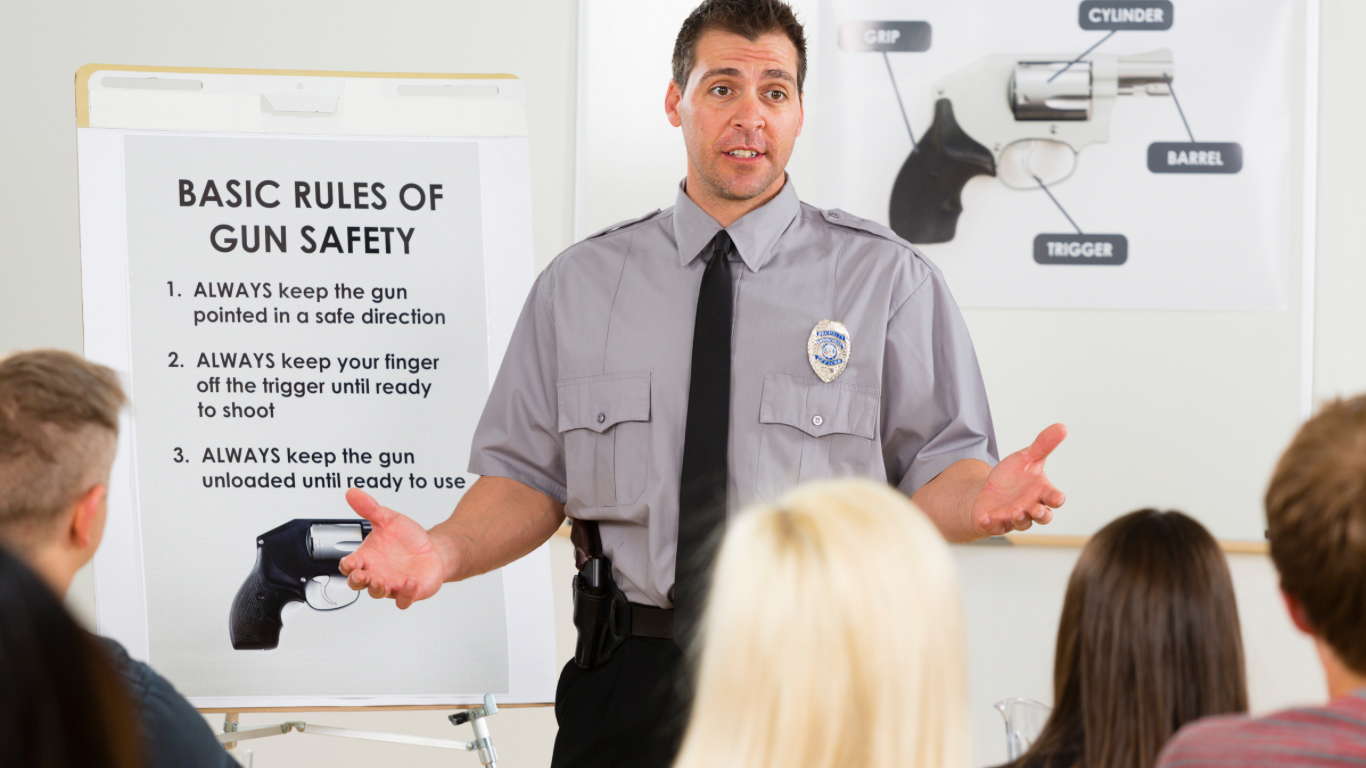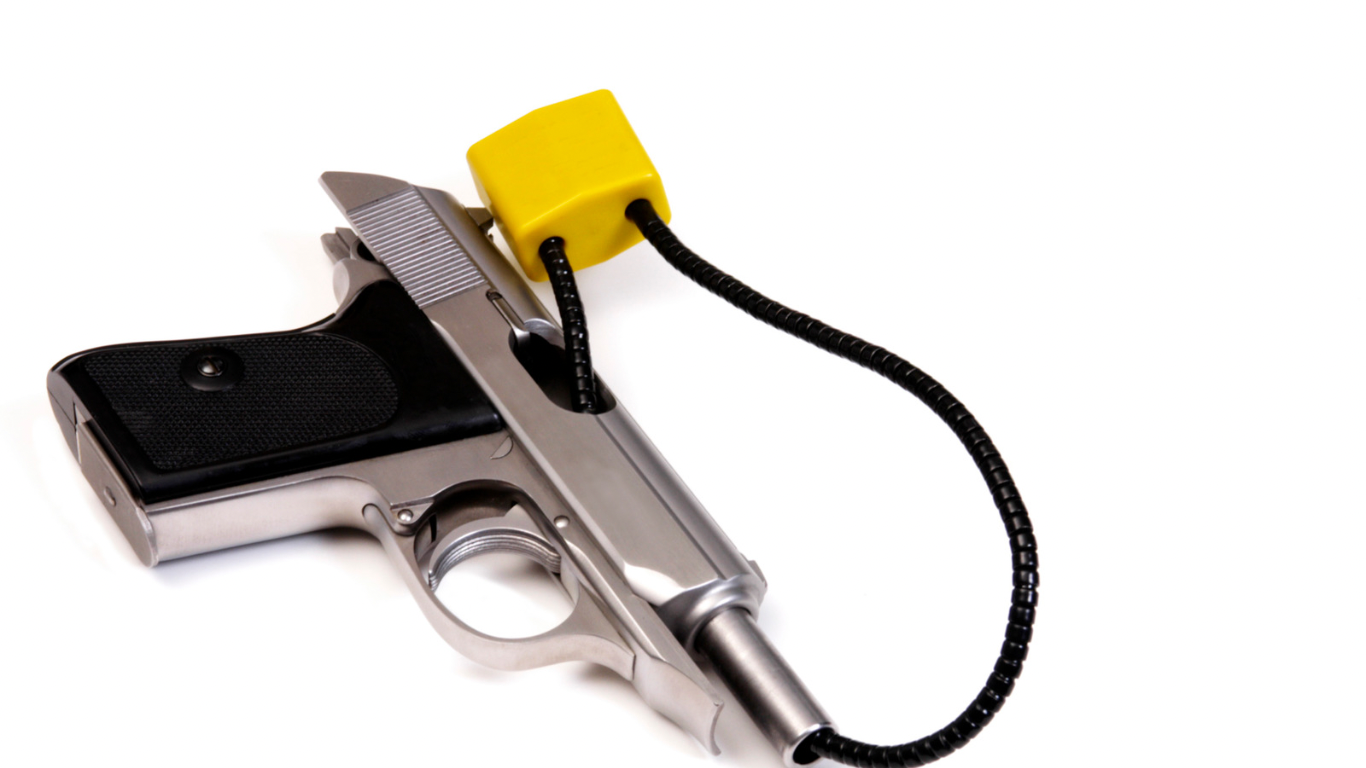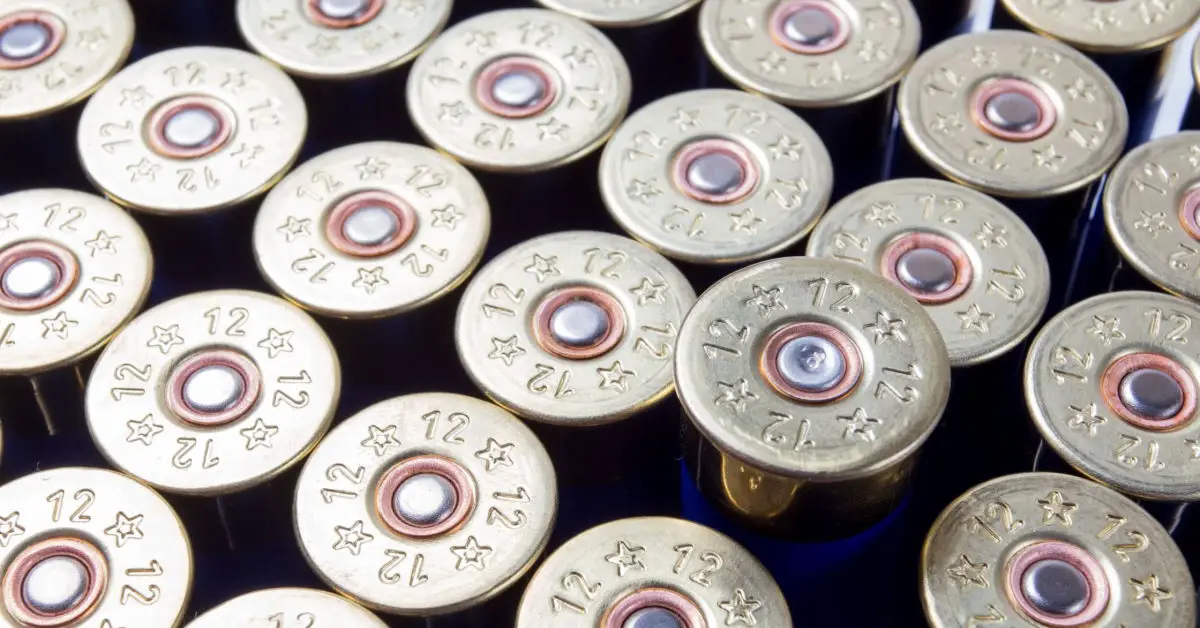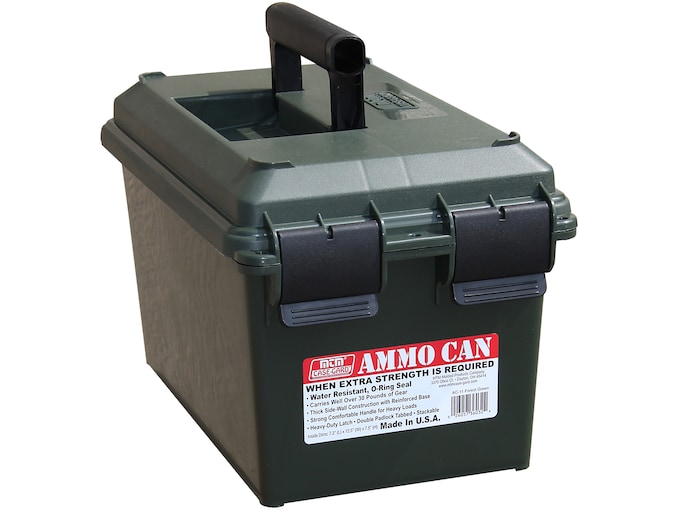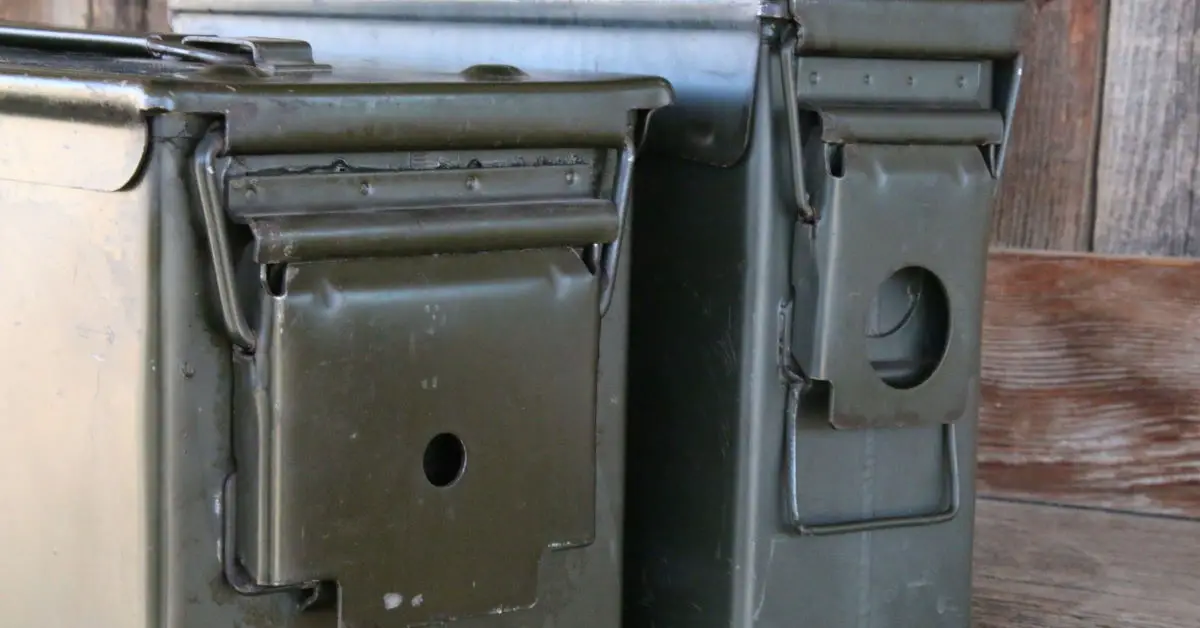Enforcement personnel face many dangers in their line of duty, and one of the most significant risks faced by police officers is the potential of being shot by a criminal. Gun safety is a crucial aspect of being a law enforcement officer, and it is essential to understand how to use and handle firearms correctly. In this post, we will discuss gun safety guidelines that every law enforcement personnel should know.
Keep the Gun Unloaded Until Ready to Use
Always treat any gun as if it is loaded. Do not handle your gun or allow anyone else to do so until you are ready to use it. Police officers must practice extreme caution when handling firearms, and guns should always be unloaded until needed. Any gun used on the job must be unloaded when not in use and secured properly to prevent unauthorized access.
Practice Safe Gun Handling Techniques
To prevent accidental discharge, a law enforcement officer must practice safe gun handling techniques. To start with, always keep your finger off the trigger until you are ready to fire your gun. Also, be mindful of where the gun is pointing at all times – this means not pointing your gun at anyone unless it is absolutely necessary. Additionally, never transport a loaded firearm unless necessary, and always use a holster that fits properly to keep the gun secure and easily accessible.
Always Wear Personal Protective Equipment
Personal protective equipment is essential in law enforcement when dealing with firearms. Among the equipment that officers should wear includes a bullet-resistant vest and protective eyewear. A vest provides protection from bullets, while the goggles help protect officers from debris and any other materials that might be kicked up while firing.
Follow Your Agency’s Policies on Gun Safety
Every law enforcement agency has its own policies on gun safety, so it is essential to adhere to your agency’s guidelines on the use and safety of firearms. Training is an important part of gun safety, and officers should familiarize themselves with their agency’s guidelines and ensure they understand them thoroughly.
Maintain Your Firearms Regularly
Regular maintenance is crucial in ensuring your firearm operates efficiently and safely. Law enforcement personnel should conduct periodic inspections of their firearms and other equipment to ensure they are in good working condition. Another essential component is to ensure the firearm is cycled or cleared before, during, and after usage to avoid any accidental discharge.
Conclusion
Every day, law enforcement officers confront danger and risk their lives for the public’s safety. However, ensuring gun safety is a vital aspect of their job. Following the guidelines we have discussed in this post, law enforcement personnel can help reduce the risk of injury or even death caused by the use of firearms. By practicing safe gun handling techniques, wearing personal protective equipment, and following the agency’s policies and procedures for gun safety, law enforcement personnel can better protect themselves, their colleagues, and the public they serve.
